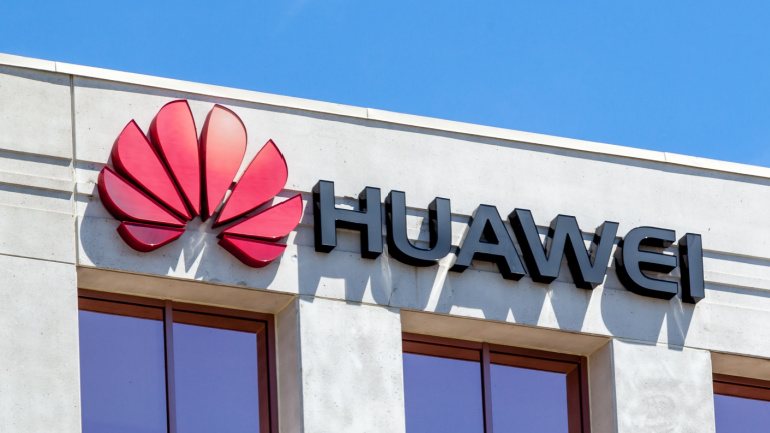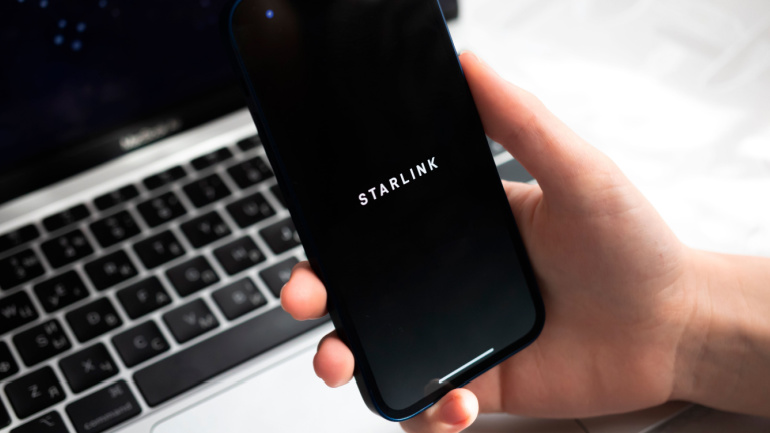In a testament to the synergy of shared innovation, Huawei and Sharp enter an intellectual property cross-licensing agreement. Such alliances underline the value of IP rights while enabling competitive market offerings. However, details like the deal’s duration and financial aspects remain undisclosed – a recurrent practice in the telecom sector.
In a long-anticipated move, telecommunications giants Digi, Orange, and MasMovil have finalized agreements as part of their ongoing merger negotiations. The trio is seeking the European Commission’s approval to resume the halted approval process, which stalled in July.
In a strategic collaboration, Boldyn Networks, a leading neutral host provider, has joined forces with Rome’s municipal government, Roma Capitale, to launch #Roma5G, a groundbreaking initiative aimed at revolutionizing the city’s digital infrastructure. The 25-year concession encompasses the development and management of a comprehensive 5G and Wi-Fi network throughout Rome, catering to both residents and the anticipated influx of visitors during major events.
In a significant move applauded by consumer advocacy groups, the Federal Communications Commission (FCC) has voted decisively to reinforce regulations on telemarketing calls. Advocates from the National Consumer Law Center, Public Knowledge, and the Electronic Privacy Information Center (EPIC) commend the FCC for taking a stand against the misuse of consumer consent by lead generators.
EPB, the city-owned broadband provider, has launched a new 2.5-gig residential internet service, expanding its symmetrical speed offerings on the fiber optic network. Priced at $97.99 per month, the 2.5-gig service comes with the installation of EPB’s Wi-Fi 6e router and is available across the service area. VP Katie Espeseth emphasized EPB’s commitment to diversifying network options, with an eye on providing service up to 25-gig.
The FCC recently reiterated its denial of Starlink’s bid to gain nearly $900M in support from the Rural Digital Opportunity Fund program. Despite Starlink’s impressive technology, FCC Chairwoman Jessica Rosenworcel questioned the wisdom in subsidizing the still evolving tech until 2032. Starlink had initially received the lofty sum in a 2020 auction but was later deemed inadequate in verifying its capabilities.
In a strategic move to bolster its data center capabilities, DNA, a prominent mobile and fixed communications service provider in Finland and part of the Telenor Group, has successfully deployed an intent-based networking data center fabric. This innovative infrastructure, built upon Juniper Networks’ cutting-edge automation software and high-performance hardware, with advanced systems integration expertise from NEC Corporation, is poised to revolutionize DNA’s service delivery and operational efficiency.
In a groundbreaking move, Parallel Wireless, Inc., a U.S. based Open RAN innovator, has officially launched the general availability of its pioneering 5G Standalone (SA) software stack. The innovative solution, a first of its kind globally, is designed to be hardware-agnostic, allowing operators, private networks, and public safety networks to seamlessly deploy their RAN infrastructure across diverse processor hardware platforms.
The Idaho Broadband Advisory Board (IBAB) has approved the allocation of $120 million from the Idaho Capital Projects Fund to support 18 broadband initiatives, providing a significant boost to over 30,000 homes and businesses across the state. In collaboration with the state government, the advisory board strategically targeted projects to enhance crucial areas including distance learning, telehealth, telework, economic development, and public safety.
Vi, India’s foremost telecom operator, has joined forces with Anritsu to enhance VoLTE call experience. Overcoming complex network challenges, they successfully improve call connectivity and sound quality. Anritsu delivers invaluable insights into VoLTE subsystems, facilitating swift customer-issue resolution.













